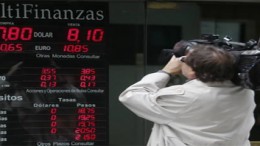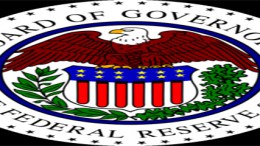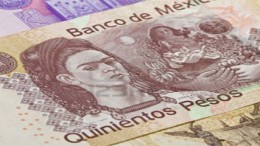‘Sanhattan’, Latin America’s new place for business
By LATAM CORRESPONDENT David Brunat | Santiago de Chile is taking off as a regional business pole, and the district of Sanhattan -a word game mixing Santiago and Manhattan- is its Mecca. More than a hundred multinational and Latin American companies are housed in this district, including HSBC, KPMG, Shell and Mexico’s Claro, making Santiago one of the best cities in the region to do business, along with Sao Paulo, which has four times its population.






